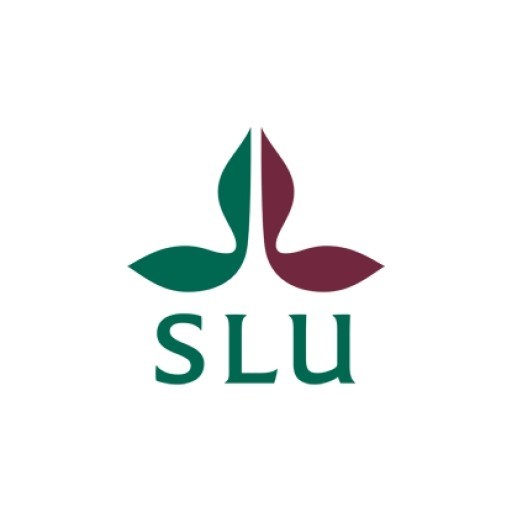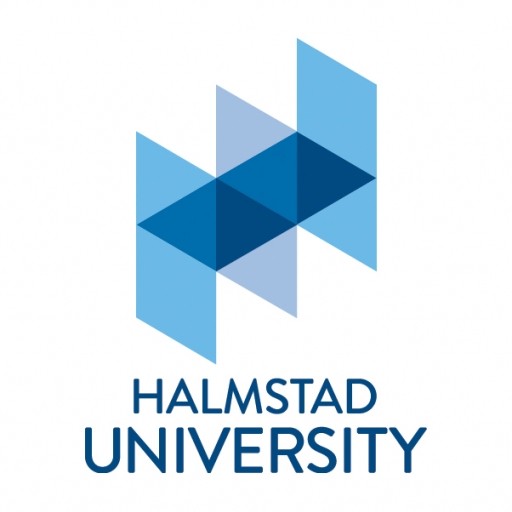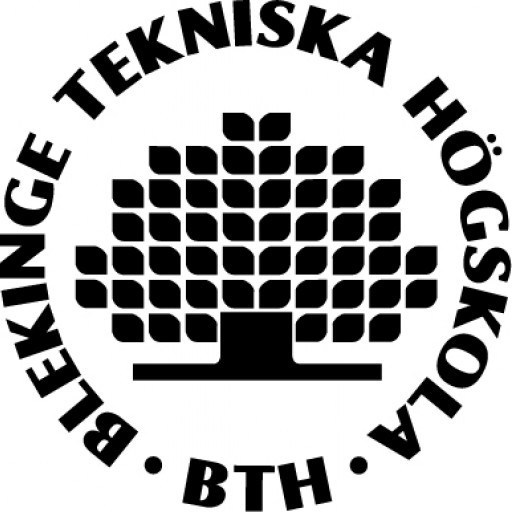Photos of university / #slu.student
The Food Innovation and Market program at the Swedish University of Agricultural Sciences (SLU) is a comprehensive interdisciplinary education designed to equip students with the knowledge and skills necessary to drive sustainable growth and innovation within the food industry. This program emphasizes the importance of understanding consumer needs, market dynamics, and emerging trends to create innovative food products that meet societal demands and contribute to environmental sustainability. Students will explore the entire value chain, from raw material sourcing and product development to marketing and distribution, ensuring a holistic view of the food sector. The curriculum combines theoretical foundations in food science, business administration, and innovation management with practical training through project work, laboratory exercises, and collaborations with industry partners. By engaging with real-world challenges, students learn to develop new food concepts, analyze market potentials, and implement strategies for successful product launches. The program also addresses current issues such as food security, health and wellness, sustainability in food production, and ethical considerations, preparing graduates to lead in a rapidly evolving industry. Additionally, students will have opportunities to participate in internships and network with experts, fostering valuable professional connections. Upon graduation, students are well-equipped for careers in food product development, marketing, entrepreneurship, consultancy, or further research. The program is delivered in a stimulating academic environment that encourages creativity, critical thinking, and an entrepreneurial mindset, aiming to prepare graduates who can innovate and influence the future of the food industry both nationally and internationally.
The Master's Programme in Food – Innovation and Market at the Swedish University of Agricultural Sciences offers a comprehensive education designed to prepare students for innovative roles within the food industry, focusing on the development, marketing, and sustainable management of food products. The programme aims to equip students with the necessary skills to understand the complexities of the food supply chain, from product conception to market placement, emphasizing innovative approaches, consumer trends, and market dynamics. Through a multidisciplinary curriculum, students explore food science, product development, marketing strategies, consumer behaviour, and business management, integrating scientific knowledge with practical application. The programme encourages students to become proactive innovators capable of developing new food products that meet consumer demands for health, sustainability, and convenience. Courses include food technology, entrepreneurship, market analysis, sensory analysis, and food safety, amongst others. Students participate in project work, case studies, and industry collaborations to gain real-world experience and build networks within the food sector. The programme also emphasizes the importance of sustainability and ethical considerations in food innovation, preparing graduates to contribute to the development of sustainable food systems and responsible business practices. Graduates of this programme are well-equipped to pursue careers in product development, marketing, consultancy, and management within the food industry, working in large corporations, small enterprises, or start-ups. The programme combines theoretical insights with practical training, fostering creativity and strategic thinking necessary for success in the competitive food market. With its international focus, the programme attracts students from around the world, promoting a diverse learning environment that enriches the educational experience and prepares students for global career opportunities in the food sector.
The Food — Innovation and Market master's program at the Swedish University of Agricultural Sciences requires applicants to have a Bachelor's degree or equivalent in a relevant field such as food science, technology, business, or engineering. Prospective students must demonstrate proficiency in English, typically through standardized tests like IELTS or TOEFL, to ensure they can successfully engage with the coursework and communicate effectively in an international academic environment. The program emphasizes interdisciplinary knowledge, combining aspects of food innovation, marketing, and entrepreneurship. Therefore, applicants should ideally have a background that includes coursework or experience related to food product development, food science, or marketing strategies within the food industry.
Admission may also consider relevant work experience in food-related sectors, particularly if applicants are transitioning from related fields. To apply, candidates are generally required to submit official transcripts from prior education, a motivation letter explaining their interest and suitability for the program, and a CV outlining their academic and professional experiences. Additionally, some form of portfolio or examples of relevant work may strengthen the application, especially if applying from non-traditional backgrounds.
The program aims to develop students’ competencies in innovative food development, understanding consumer markets, and promoting sustainable practices within the food industry. As part of the academic requirements, students are expected to participate in seminars, workshops, and project work that foster practical skills and industry connections. Successful completion of the program leads to a Master's degree in Food — Innovation and Market, preparing graduates for roles in food product development, marketing, consultancy, or management within the evolving food sector. The program also encourages students to engage in thesis work involving real-world industry problems, leveraging the university's networks with food companies and research institutes. Overall, the program strives for high academic standards, practical relevance, and fostering innovation and entrepreneurship among its students.
The Food — Innovation and Market programme at the Swedish University of Agricultural Sciences offers various financing options for prospective students. Tuition fees for international students apply, with detailed fee information available on the university’s official webpage. These fees typically cover the cost of studies and access to campus facilities but are not inclusive of living expenses. Swedish students and students from certain countries within the EU/EEA may be eligible for government-funded education, which means they do not pay tuition fees.
International students are encouraged to explore scholarship opportunities provided by the university and external organizations. The Swedish Institute and other Swedish scholarship programs offer financial aid based on academic merit and financial need. Additionally, there are regional scholarships and specific awards aimed at supporting students in agricultural sciences and innovation programmes. Some funding options may require application procedures and are limited in number, so students are advised to apply early.
Students can also consider other financing methods such as student loans, which may be available through national agencies or private lenders. Work-study arrangements or part-time employment opportunities within or around the university campus might be feasible for students to supplement their income, although employment restrictions for international students should be carefully considered.
The university also provides guidance on budgeting and financial planning for enrolled students, emphasizing the importance of securing sufficient funding prior to arrival. For students from the European Union, access to the Swedish student aid system (CSN) allows for loans and grants that help cover living costs during studies. Non-EU students are typically expected to demonstrate adequate financial resources for visa applications, which include proof of funds covering at least one year of living expenses.
In summary, financing the Food — Innovation and Market programme involves exploring a combination of tuition fee payments (for non-EU/EEA students), scholarships, grants, student loans, and personal funds. The university advocates early financial planning and encourages applicants to investigate multiple funding avenues to ensure a successful educational experience.
The Master’s Programme in Food – Innovation and Market at the Swedish University of Agricultural Sciences is designed to equip students with comprehensive knowledge and practical skills needed to excel in the food industry. This interdisciplinary program focuses on the development, marketing, and commercialization of innovative food products, addressing the growing demand for sustainable, health-conscious, and culturally relevant food solutions. Students have the opportunity to explore how food innovation is influenced by scientific, technological, and market-driven factors, preparing them for careers in product development, marketing, quality assurance, and management within the food sector.
The program emphasizes an integrative approach combining food science, entrepreneurship, consumer behavior, and market analysis. It includes courses on food processing, sensory evaluation, food safety, and sustainable production methods, along with modules on market research and consumer trends. Students participate in practical projects, collaborations with industry partners, and innovation labs to develop real-world solutions. The curriculum encourages entrepreneurial thinking and innovation, enabling graduates to contribute to food product development and strategic marketing.
The program caters to students interested in the intersection of food science and business, especially those who want to influence the future of food markets through innovation. It also prepares students for further research or doctoral studies in related fields. The teaching language is primarily English, facilitating international collaboration and attracting students from around the world.
Graduates of the Food – Innovation and Market program can pursue careers in food companies, consulting firms, research institutions, or start their own food ventures. They will be well-prepared to work in roles that require a combination of scientific expertise, business understanding, and innovation management. The Swedish University of Agricultural Sciences provides a cutting-edge learning environment, utilizing modern laboratories, industry collaborations, and a network of researchers and professionals committed to advancing food science and industry sustainability.
Overall, the program aims to foster innovative thinking, entrepreneurship, and sustainable practices in the food industry, ensuring graduates are capable of navigating and shaping the rapidly evolving food markets both nationally and internationally.







